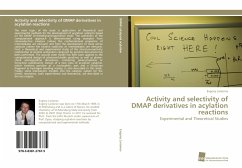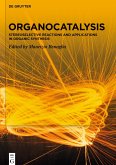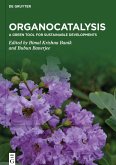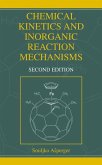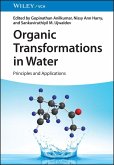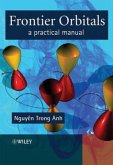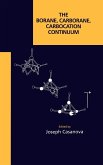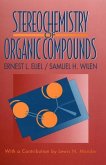The main topic of this book is application of theoretical and experimental methods for the development of acylation catalysts based on the DMAP (4-dimethylaminopyridine) motif. The usefulness of the computational approach is demonstrated using examples from stereoselective catalysis (where the conformational properties of intermediates are relevant) and from the development of more active catalysts (where the relative stabilities of intermediates are relevant). First, a theoretical and experimental study of the structure-reactivity relationship of alcohol acetylation catalyzed by pyridine derivatives has been performed. The ground state model has then been applied to the computational design of photoswitchable pyridines as well as planar-chiral aminopyridine derivatives, containing paracyclophane or ferrocenyl substituents. Design of a new class of acylation catalysts, which combine pyridine as a nucleophilic part and a (thio)urea fragment as hydrogen bonding moiety, is also described in this book. Finally, some mechanistic insights into the catalytic system for the kinetic resolution, both experimental and theoretical, are described in the last chapter.
Bitte wählen Sie Ihr Anliegen aus.
Rechnungen
Retourenschein anfordern
Bestellstatus
Storno

